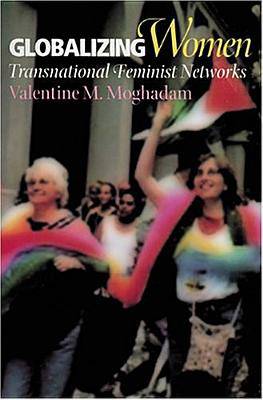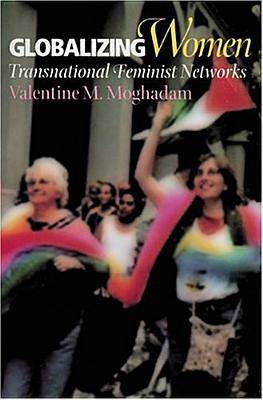
- Retrait gratuit dans votre magasin Club
- 7.000.000 titres dans notre catalogue
- Payer en toute sécurité
- Toujours un magasin près de chez vous
- Retrait gratuit dans votre magasin Club
- 7.000.0000 titres dans notre catalogue
- Payer en toute sécurité
- Toujours un magasin près de chez vous
Description
Winner of the Victoria Schuck award given by the American Political Science Association and an Honorable Mention in the Distinguished Book Award given by the Political Economy of World Systems section of the American Sociological Association
Globalization may offer modern feminism its greatest opportunity and greatest challenge. Allowing communication and information exchange while also exacerbating economic and social inequalities, globalization has fostered the growth of transnational feminist networks (TFNs). These groups have used the Internet to build coalitions, lobby governments, and advance the goals of feminism.
Globalizing Women explains how the negative and positive aspects of globalization have helped to create transnational networks of activists and organizations with common agendas. Sociologist Valentine M. Moghadam discusses six such feminist networks to analyze the organization, objectives, programs, and outcomes of these groups in their effort to improve conditions for women throughout the world. Moghadam also examines how "globalizing women" are responding to and resisting growing inequalities, the exploitation of female labor, and patriarchal fundamentalisms. This book is an important addition to literature exploring feminism as well as to the broader discussion of the impact of transnational social movements and organizations in the globalized world.
Spécifications
Parties prenantes
- Auteur(s) :
- Editeur:
Contenu
- Nombre de pages :
- 272
- Langue:
- Anglais
- Collection :
Caractéristiques
- EAN:
- 9780801880247
- Date de parution :
- 16-02-05
- Format:
- Livre broché
- Format numérique:
- Trade paperback (VS)
- Dimensions :
- 167 mm x 227 mm
- Poids :
- 371 g

Les avis
Nous publions uniquement les avis qui respectent les conditions requises. Consultez nos conditions pour les avis.






